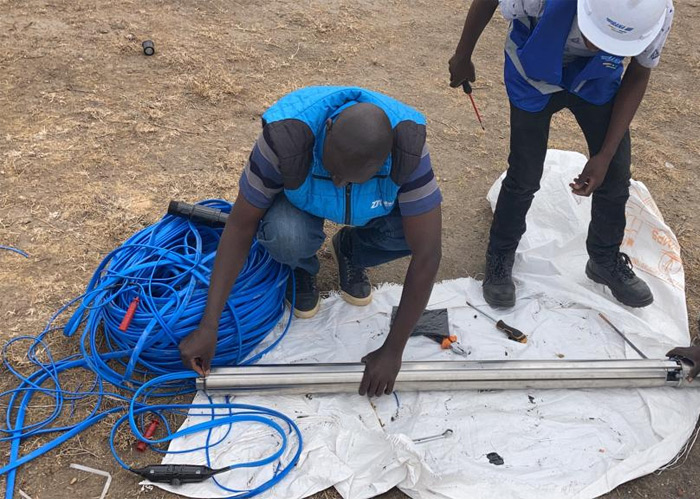When it comes to reliable underground power transmission and data communication, borehole cables represent one of the most critical components in modern drilling and geothermal operations. These specialized cables must withstand extreme conditions while maintaining consistent performance hundreds or thousands of feet below ground.
What Are Borehole Cables?
Borehole cables are specially engineered electrical and communication cables designed to operate in the harsh environment of drilled holes, wells, and underground installations. Unlike standard cables, they’re built to handle extreme temperatures, high pressure, corrosive fluids, and mechanical stress that would quickly destroy conventional wiring.
These cables serve multiple purposes in borehole applications, from powering downhole equipment like pumps and sensors to transmitting critical data from monitoring instruments back to surface control systems.
Essential Design Features
Temperature and Chemical Resistance
Quality borehole cables feature insulation materials like cross-linked polyethylene (XLPE) and specialized rubber compounds that withstand extreme temperature variations and resist corrosion from groundwater, petroleum products, and other chemicals commonly encountered in subsurface environments.
Mechanical Strength and Waterproof Construction
These cables need exceptional tensile strength to support their own weight over long vertical runs while resisting damage during installation. Complete water resistance is essential, requiring specialized sealing techniques and materials that prevent water ingress at connection points.
Installation and Maintenance
Proper cable selection must account for specific power requirements, transmission distance, and environmental conditions. Long cable runs require proper support systems including cable clamps, strain relief systems, and careful attention to bend radius requirements.
Downhole connections are critical failure points, requiring proper splicing techniques, waterproof connectors, and strain relief for long-term reliability. Regular inspection and monitoring can prevent costly failures and extend service life, with modern installations often incorporating remote monitoring systems that detect cable degradation before complete failure occurs.
Choosing the Right Solution
The right cable system is an investment in the long-term reliability and efficiency of your underground operations. By understanding these key factors and working with experienced professionals, you can ensure your borehole cable installation delivers years of trouble-free service.

